The University Bookman
Reviewing Books that Build Culture
Watch James Panero of the New Criterion discuss “The Urbanity of Russell Kirk” at the 2025 Gerald Russello Memorial Lecture.
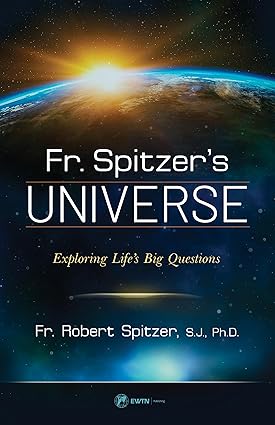
Evidence-based Answers for Life’s Great Mysteries
“…priest and philosopher Robert Spitzer tackles real questions from ordinary people about life and faith.”
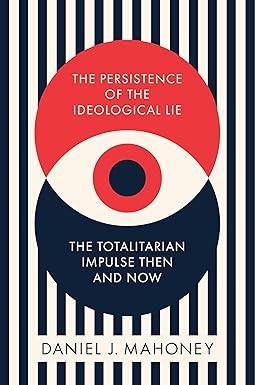
Unmasking the Ideological Lie
“…Mahoney has taken on an ambitious task: a sweeping examination of the nature, history, and consequences of the ideology that permeates almost all of modern existence…”

A Measured Look at an Unsettling Ideology
“Kirsch could have limited himself to serving up red meat to readers weary of the excesses of radical students and professors breathing ‘theory and invective,’ but instead, he challenged himself by seriously wrestling with a real problem identified by the settler colonialists. The creation of settler-colonial countries really did displace huge numbers of natives. What does that do to the legitimacy of these countries?”
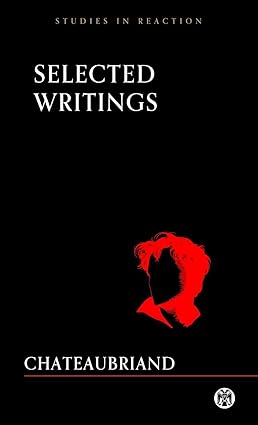
Stylist for the Ages
“To estimate Chateaubriand with any justice, one should try to imagine what might have been the effect had Lord Byron not died prematurely of camp-fever at Missolonghi, but rather, having returned to and reconciled with his native country, adopted the political and religious principles of Burke, sat down in his life’s autumn to write an immortal autobiography, and anticipated the coming of the Oxford Movement with a series of energetic defenses of the twin causes of Tory Monarchism and the Established Church.”
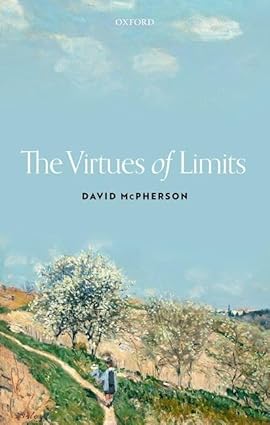
Limits and the Good Life
“…David McPherson has written an argument for the importance of ‘recognizing proper limits in human life.’ He focuses on the ‘limiting virtues’ of ‘humility, reverence, moderation, contentment, neighborliness, and loyalty.’”
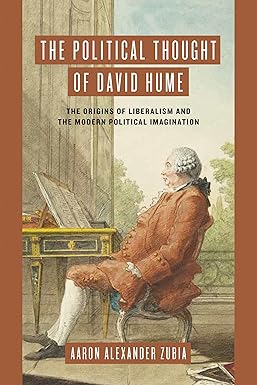
We’re All Epicureans Now
“…as Zubia argues convincingly, Hume’s political vision is not entirely modern but resurrects and reinforces ideas native to the ancient Epicurean framework of empirical skepticism. Hume’s vision of politics, mankind, and truth itself was deeply shaped by Epicureanism, which has, in turn, shaped the modern imagination.”
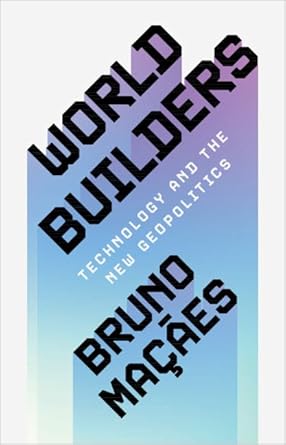
The Rise of the World Builders
“Maçães’s literal interpretation proposes that the ‘geo’ in ‘geopolitics’ takes on new, technological, meaning, insofar as the earth alone is no longer the surface or space of kinetic encounter; rather, ‘this new battlefield is synthetic or virtual’—comprising the realms of technology, energy, trade, and finance—and ‘the way to win is to reprogram the system, to step outside the game world.'”
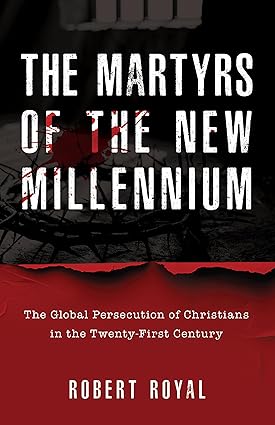
The Martyrs Have Not Gone Away
“Well-researched and carefully footnoted, this new study of contemporary Christian martyrdom quickly draws the reader in through the author’s crisp prose and compelling stories of real people whose extraordinary courage stands in stark contrast to a world increasingly reluctant to live—or die—for anything.”
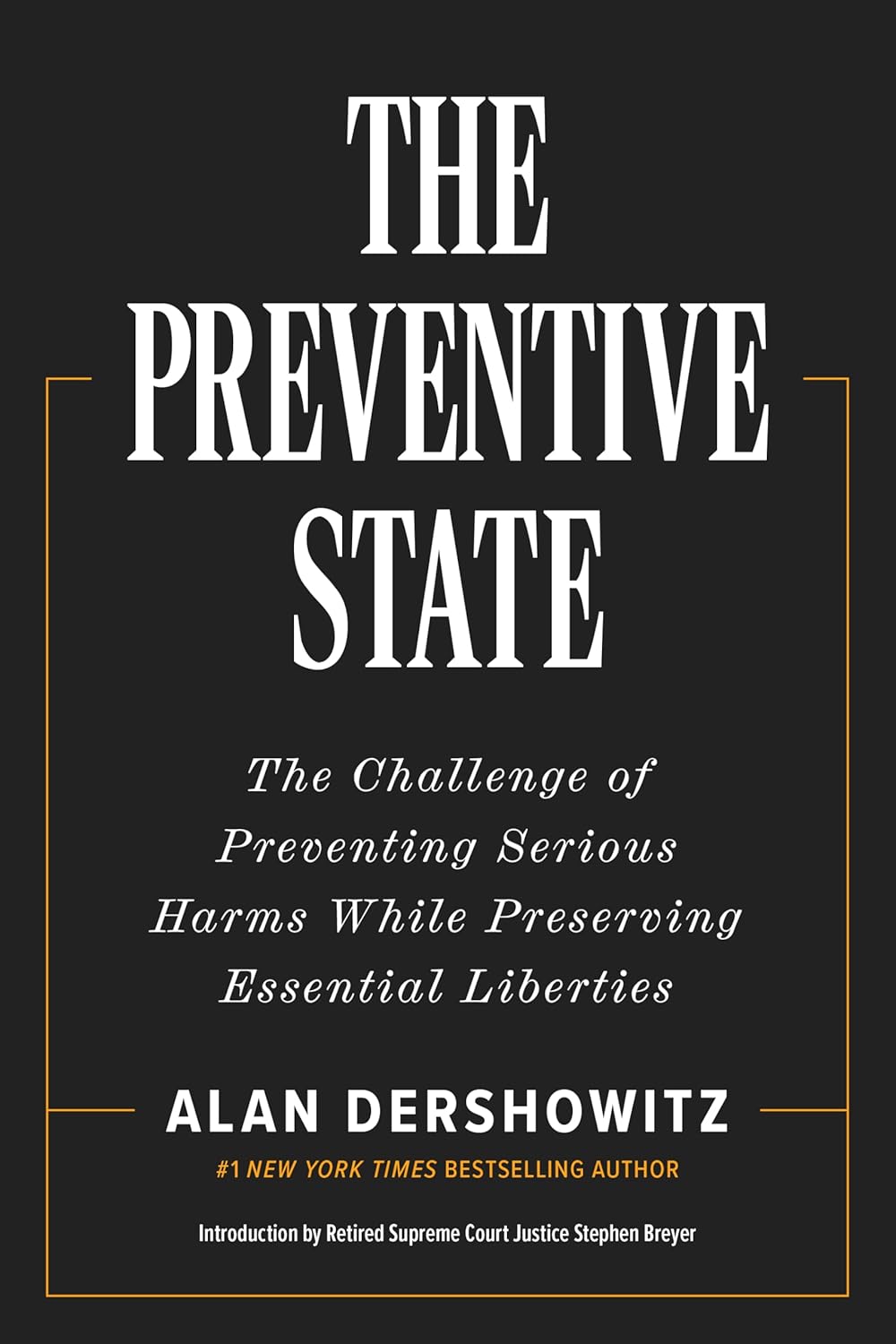
Principle and Pragmatism in Law
“Mixing experience with ‘balancing’—the idea that judges must weigh the pros and cons of a legal problem by attributing to ideas or interests a value—Dershowitz puts forth a jurisprudence of prevention. He embraces Holmes’s idea that ‘prevention’ and not retribution—the idea of just deserts—is ‘to be the chief and only universal purpose of punishment.’”
The Book Gallery
A collection of conversations with Bookman editor Luke C. Sheahan and writers and authors of imagination and erudition. Click on the icon in the upper right corner of the video to see more episodes in this series or check out our YouTube page.
